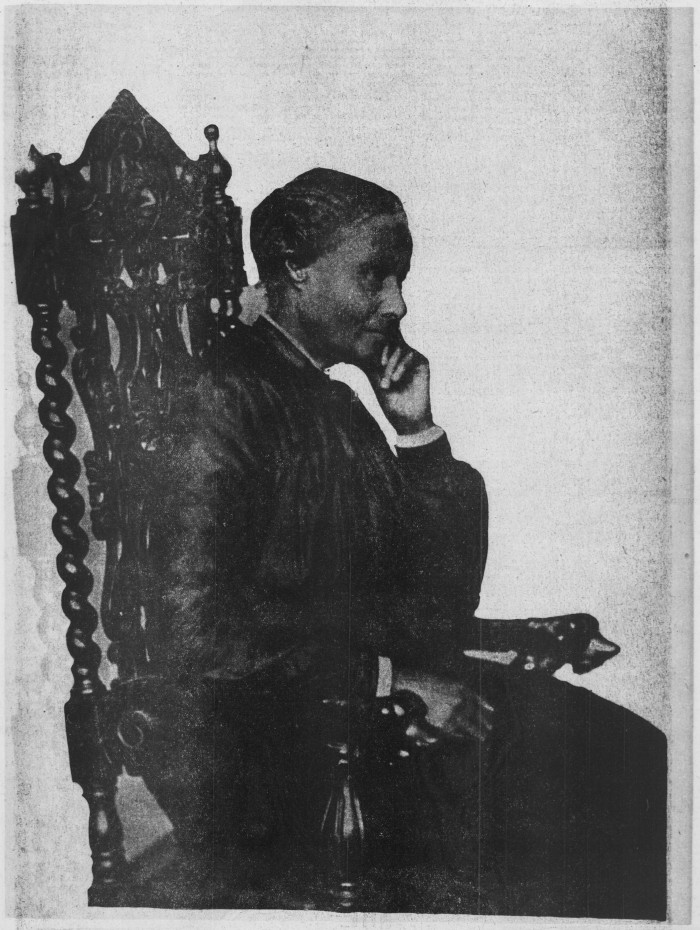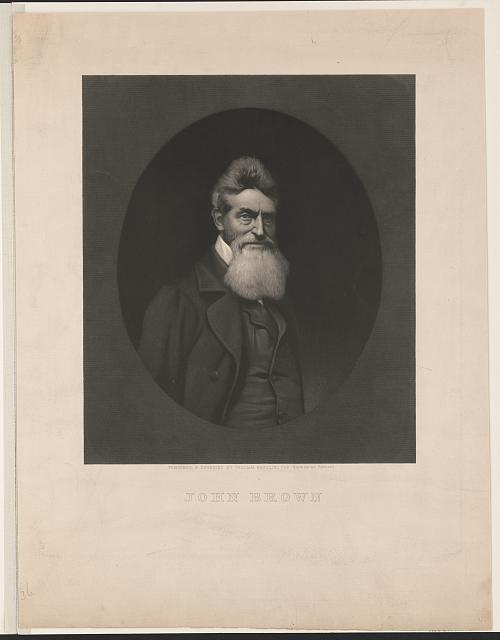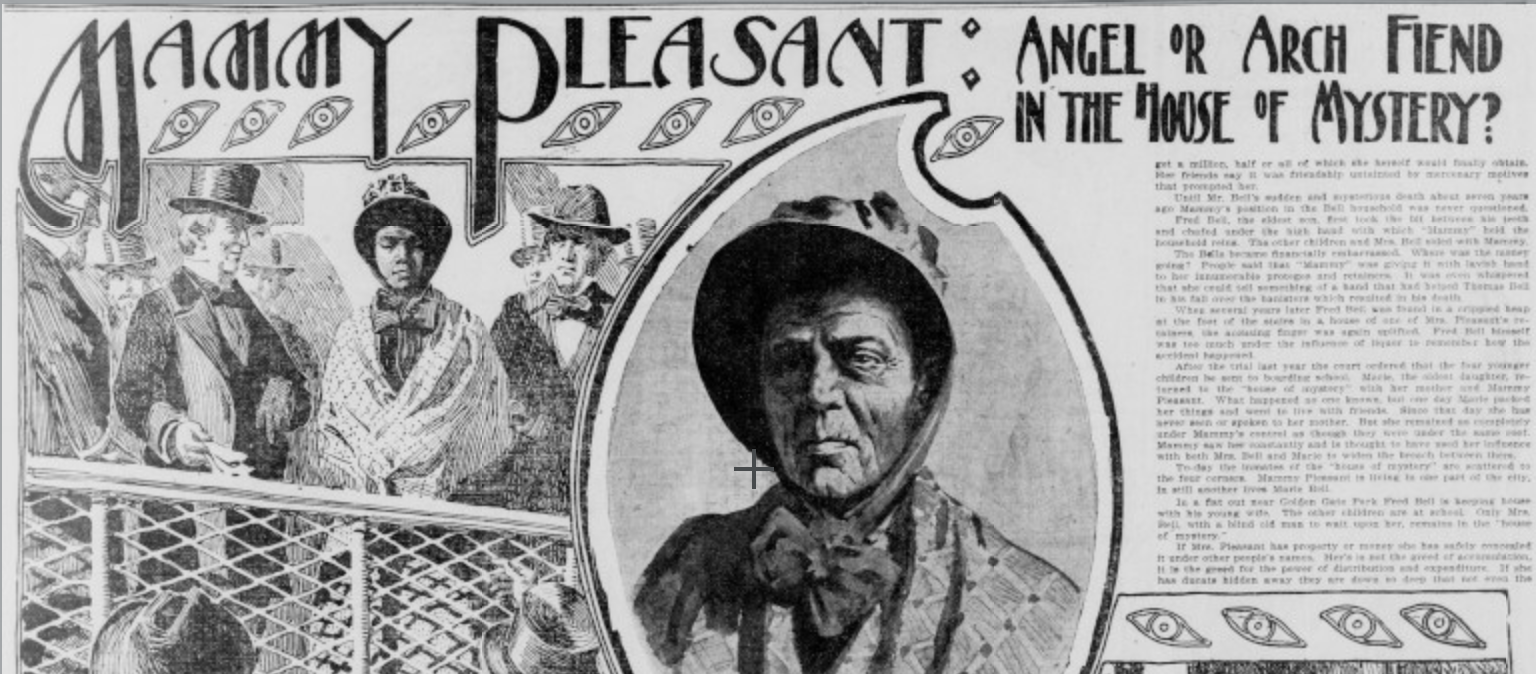
Much of the life of Mary Ellen Pleasant Is shrouded in mystery. but it’s believed she is born into enslavement on a Georgia plantation around 1814, works in domestic service and marries a man who leaves her a considerable sum of money.
Pleasant moves to San Francisco during the Gold Rush. As a cook in a boarding house for well-to-do men, she eavesdrops on their conversations to pick up stock tips and amasses a fortune by investing part of her family inheritance in mining companies, laundries and Wells Fargo.
She tells a census taker in 1890 her occupation is “capitalist.”
“I don’t like to be called Mammy by everybody,” she tells reporter Isabel Fraser in a 1901 interview. I got a letter today from a minister in Sacramento., it was addressed to Mammy Pleasant. I wrote back to him on his own paper that my name was Mrs. Mary E. Pleasant. I wouldn’t waste any of my paper on him.”
An ardent abolitionist, Pleasant uses much of her wealth to help finance the Underground Railroad, which offers assistance and shelter to formerly enslaved people escaping the South. She badgers San Francisco merchants to hire African Americans.

Pleasant donates an estimated $30,000 — more than $900,000 in today’s dollars — to famed abolitionist John Brown. When Brown is hanged for murder and treason in 1859, a letter is found in his pocket that promises, “When the first blow is struck, there will be more money to help.”
In the mid-1860s, Pleasant puts her stamp on the era’s civil rights movement by lobbying the California Legislature to rescind the law that prevents Blacks from testifying in court, and – nearly 90 years before Rosa Parks – she challenges the discriminatory practices of a San Francisco transportation company that refuses to allow Blacks to ride on its street cars.
Pleasant sues the company, dropping the action only after the company agrees to change its policy and treat African Americans the same as other passengers.
Late in life, Pleasant loses a series of court battles, including one brought by the family of her deceased business partner. As a result, one of the city’s most remarkable entrepreneurs and civil rights advocates dies in poverty in 1904.
______
Steve and Susie Swatt are coauthors of Paving the Way: Women’s Struggle for Political Equality in California.

